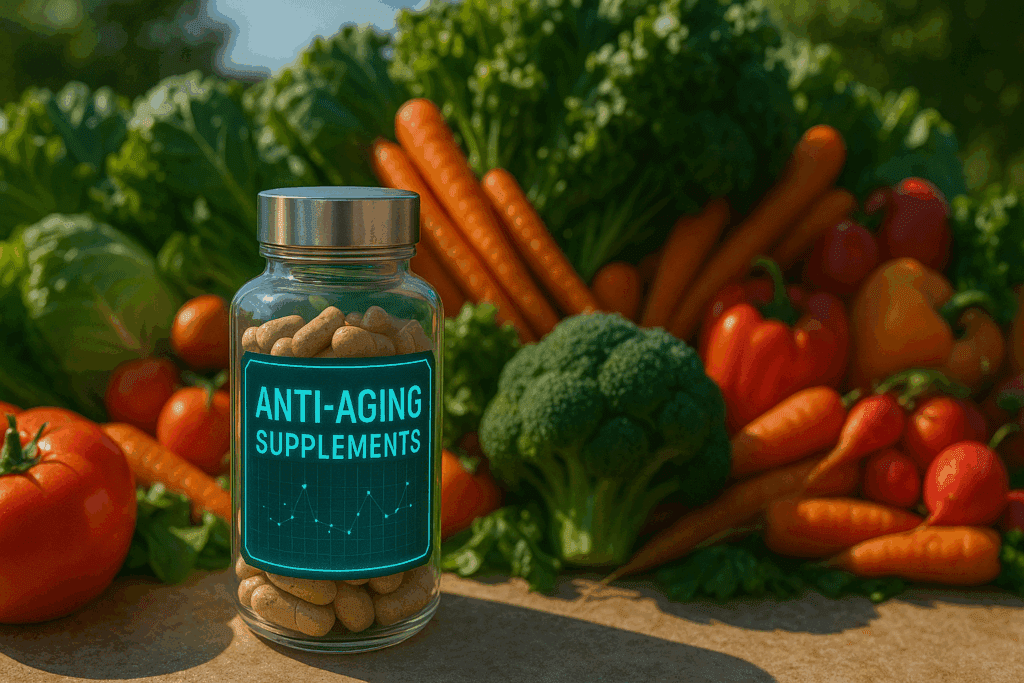Can Anti-Aging Pills Truly Slow Aging? Here’s What Experts Say
The quest for eternal youth has fueled a booming market for anti-aging pills promising to delay aging. From resveratrol to metformin, these supplements claim to target cellular processes linked to aging. But do they work? Experts urge caution—and highlight more effective, science-backed strategies for longevity.

The Allure of Anti-Aging Pills: Hope or Hype?
Anti-aging pills often target pathways like inflammation, cellular repair, or mitochondrial function. For example:
- Senolytics: Purported to清除 “zombie cells” that accumulate with age.
- NAD+ Boosters: Aim to replenish a coenzyme vital for energy production.
- Rapamycin: A drug studied for its potential to mimic calorie restriction benefits.
While early studies show promise in animals, human evidence remains limited. “Most pills lack long-term safety and efficacy data,” says Dr. Linda Partridge, a leading aging researcher.
Why Experts Prioritize Lifestyle Over Pills
Researchers argue that lifestyle interventions outperform pills for longevity. Here’s why:
- Multifaceted Impact: Diet and exercise affect multiple aging pathways simultaneously.
- Proven Benefits: Decades of data support their role in preventing age-related diseases.
- Accessibility: Sustainable habits cost less and carry fewer risks than experimental pills.

Science-Backed Strategies to Slow Aging
1. Optimize Nutrition
A plant-rich, Mediterranean-style diet reduces inflammation and oxidative stress. Prioritize:
- Leafy greens, berries, and nuts
- Healthy fats (olive oil, avocados)
- Lean proteins like fish and legumes
2. Move Regularly
Exercise boosts mitochondrial health and muscle retention. Aim for:
- 150+ minutes of moderate aerobic activity weekly
- Strength training 2x/week
- Balance exercises (e.g., yoga) to prevent falls

3. Prioritize Sleep
Poor sleep accelerates cellular aging. 7–9 hours nightly supports brain detoxification and hormone regulation.
4. Manage Stress
Chronic stress shortens telomeres (protective DNA caps). Practices like meditation and mindfulness mitigate this effect.
The Risks of Unproven Supplements
Self-prescribing anti-aging pills can backfire. For example, high-dose resveratrol may interfere with medications, while rapamycin suppresses immunity. “Always consult a doctor before trying experimental supplements,” advises gerontologist Dr. Matt Kaeberlein.
The Bottom Line
While anti-aging pills remain speculative, evidence-based lifestyle choices offer a safer, more holistic path to longevity. Focus on nourishing your body, staying active, and nurturing mental health—it’s the closest we have to a fountain of youth.



